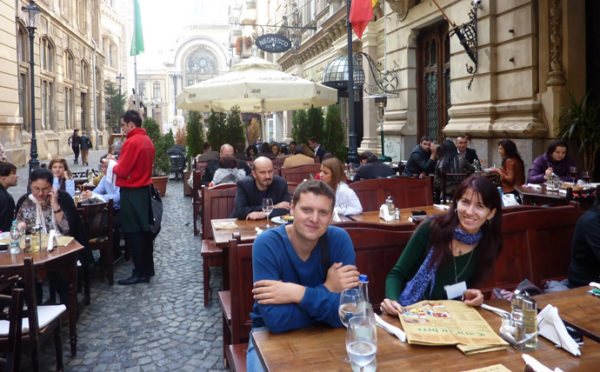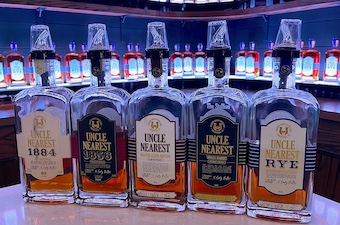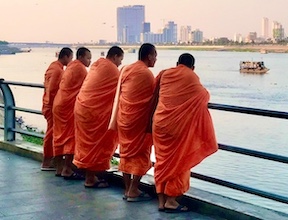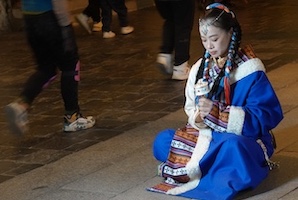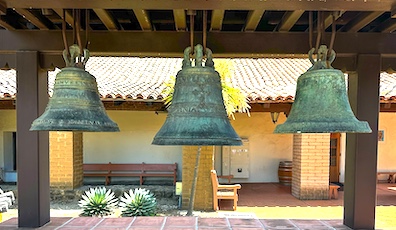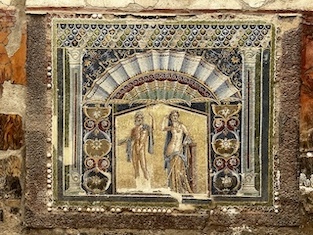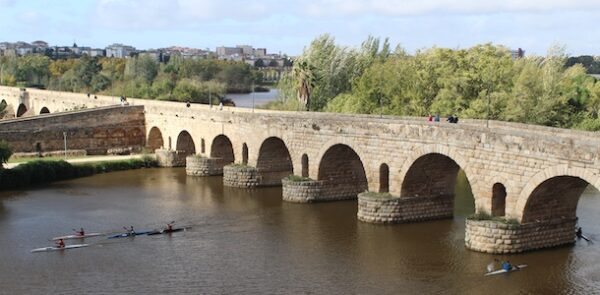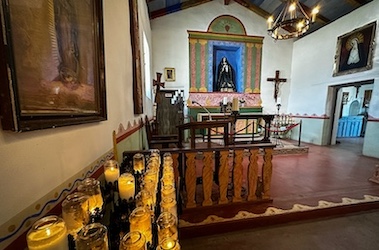There’s More to Romania than Transylvania, Dracula and Ghostly Carpathian Forests
Romania conjures mysterious and sinister images of Count Dracula and the Transylvanian forests. The foreboding Bran Castle high in the Carpathian Mountains certainly looks like the location of Irish writer Bram Stoker’s Dracula. Stoker’s story of vampires rising from their coffins is an invented tale. But in autumn when twilight comes early it’s easy to imagine ghostly spirits of the undead lurking in the shadows.
Yet the Bucharest I saw was a bustling metropolis with museums and traffic jams, wide boulevards and cobblestone streets, good restaurants and late-night clubs. And a handful of lakes and gardens.


